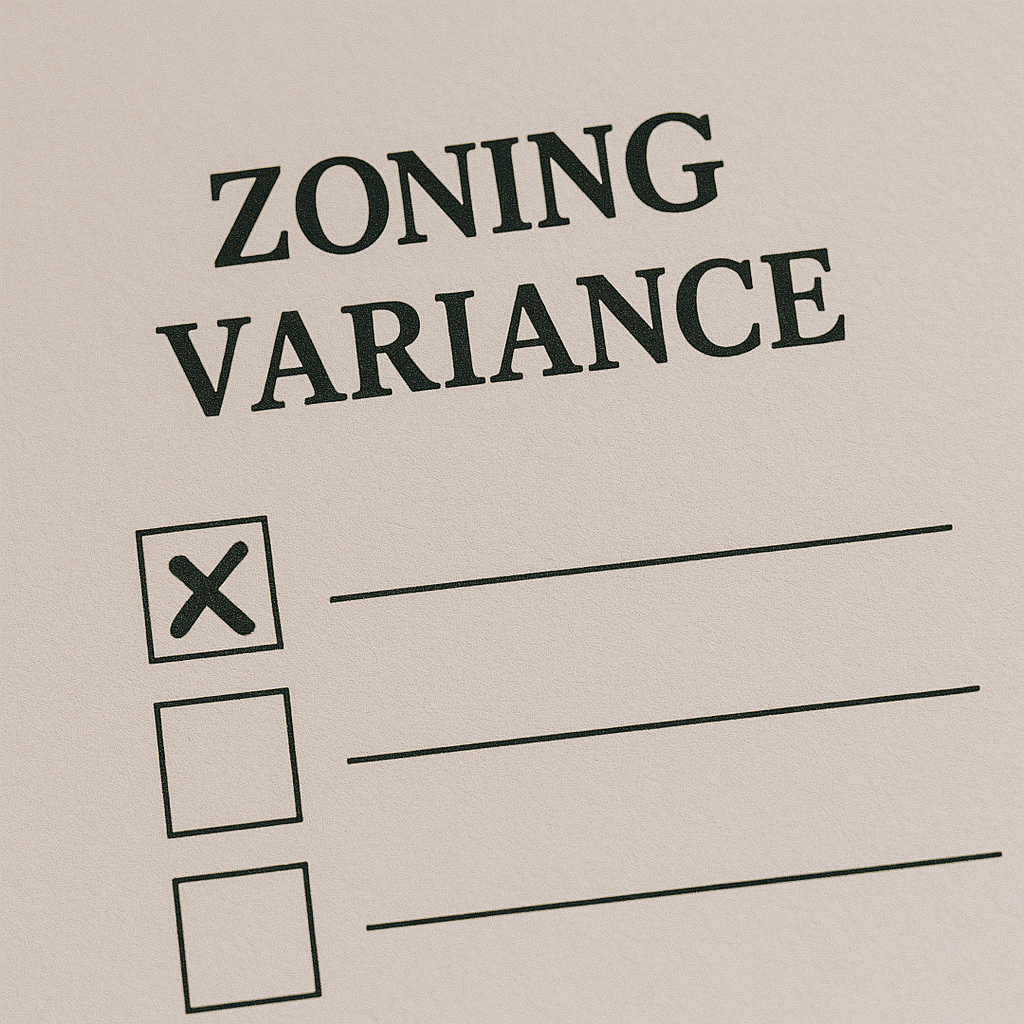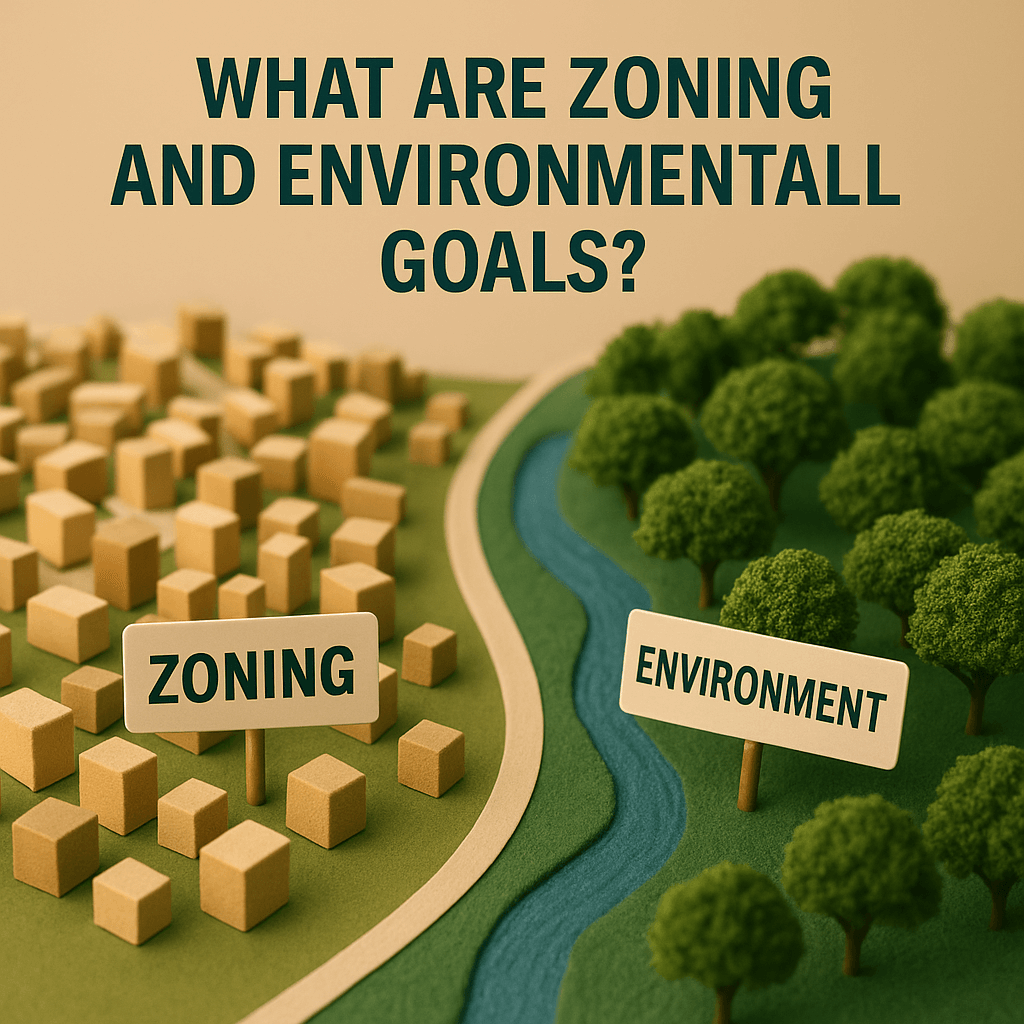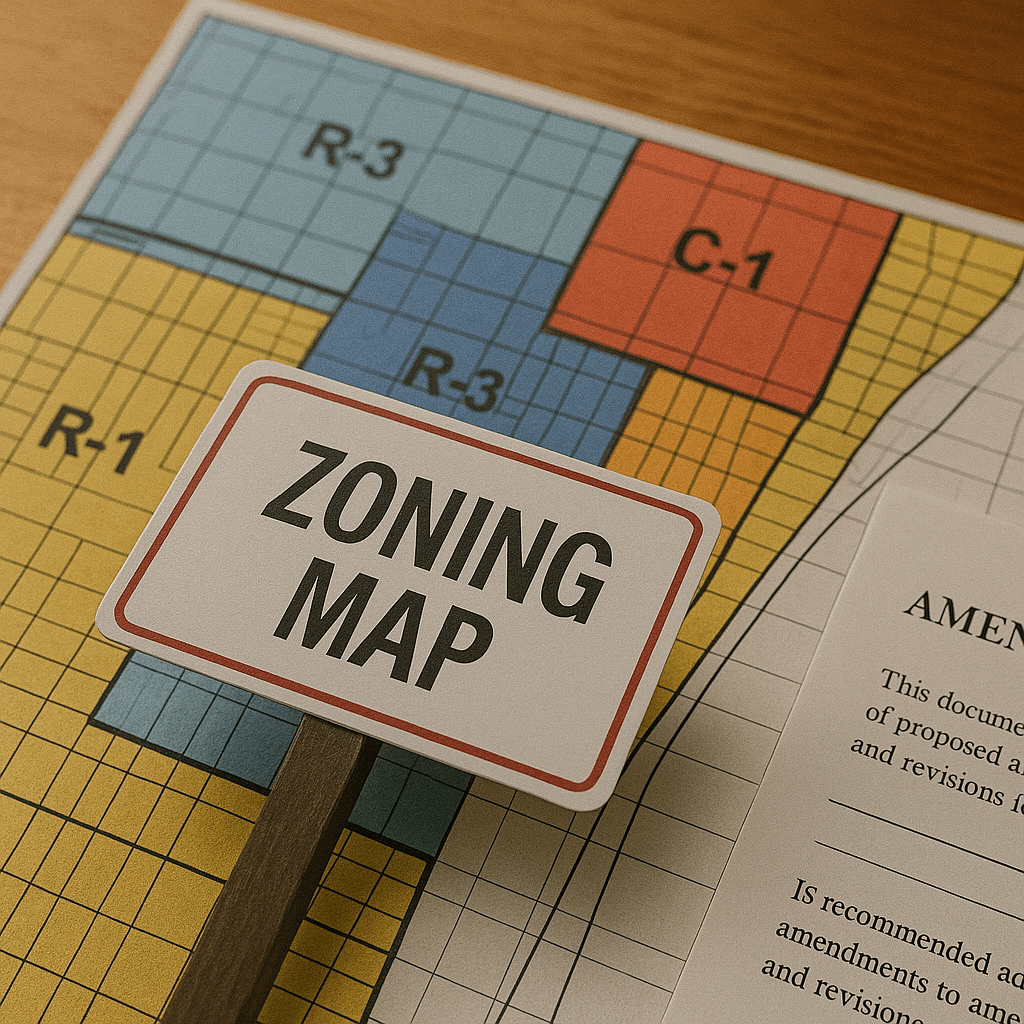
The West Firm Blog
What Do You Need to Show in Order to Secure a Zoning Variance?
Understand the legal standards for obtaining a zoning variance, including demonstrating unique hardship, compliance with community plans, and minimal adverse impact.
What Is a Special Use Permit?
Explore the purpose and process of obtaining a special use permit, including zoning considerations, public hearings, and strategies for securing approval for your project.
What Are Some Common Zoning Disputes in Albany?
Review the most frequent zoning disputes in Albany, from property line disagreements to challenges over permitted uses and development restrictions.
What Can I Do if My Building Permit Is Denied?
If you believe your building permit was wrongly denied, one option is to appeal based on a misinterpretation of the zoning code. This approach requires you to identify the exact zoning provision in question and clearly explain how it should be correctly interpreted in the context of your property and plans.
What Are Zoning and Environmental Goals?
Understand how zoning policies and environmental objectives work together to shape sustainable development while protecting public health and ecosystems.
What Is an Article 78 Proceeding?
Explore the purpose and process of an Article 78 proceeding, from filing requirements to potential outcomes, when challenging government decisions in New York.
What Are Zoning Maps and Text Amendments?
Gain insight into the role of zoning maps and text amendments in shaping property use, development rights, and compliance requirements for landowners and developers.
Understanding How a Non‑Conforming Building or Land Can Be Used
A property becomes non‑conforming under New York zoning when a once‑legal use or structure no longer meets newer zoning rules. While these uses and buildings are typically protected, you may face limits on expansion, reconstruction after damage, and rebuilding after substantial destruction.
Do Neighbors Get a Say in Zoning Variances?
When requesting a zoning variance in New York, local property owners are formally notified and can attend the public hearing to voice support or objections. While neighbors don’t decide the outcome, their testimony may inform the Zoning Board’s assessment of community impact and hardship.










.png?content-type=image%2Fpng)